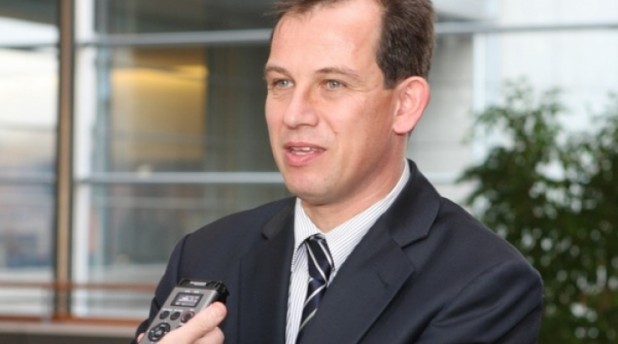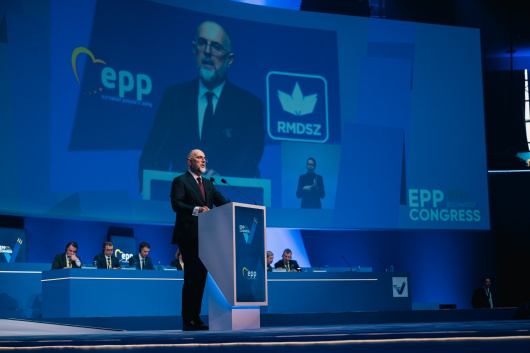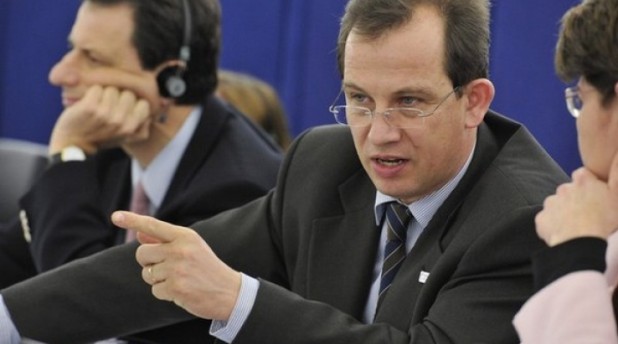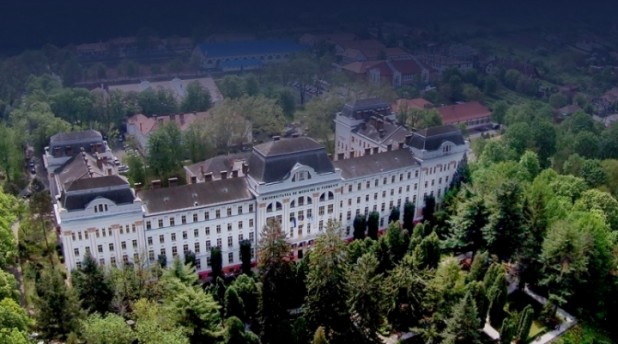The future of Europe discussed at the European People's Party conference in Nice
The largest European Party would opt for a pan-European solution and shared responsibility in solving the refugee crisis. The European People’s Party believes that Member States cannot solve alone the challenges the EU is facing. This was one of the main ideas the Members of the EPP have included in the statement summing up the works carried out between the 1st and 3rd of June in Nice.
According to RMDSZ MEP Csaba Sógor it is crucial that in a world, where the anti-EU voices are getting increasingly louder, the European People’s Party is committed to the European idea, it speaks up for the EU legislation and community goals and calls for a more integrated Union.
MEPs urged for a stronger common foreign affairs and security policy, and an asylum policy meant to protect genuine refugees. Many stressed that this is the way the EU can most effectively step up against illegal immigration and terrorism. The document calls for decisive and concrete measures in this regard, for appointing a European Defence Commissioner and for developing a European Defence Policy. In the opinion of Csaba Sógor, strengthening the external border protection is a key element of the statement, the European People's Party taking a clear stance beside the Schengen system. "The EPP believes that the Schengen area should not only be preserved but also to extended, therefore accession should be made possible for Member States who meet the technical criteria. This is an important issue for Eastern European countries", explained the RMDSZ MEP.
The EPP MEPs also worked on a Declaration on the future of Europe, to be adopted in September. Hungarian MEPs Csaba Sógor (Romania) and Pál Csáky (Slovakia) have proposed an amendment to the draft declaration to also include the protection of autochthonous national minorities. “It is important for us that this statement includes the protection of autochthonous national minorities especially now, when it is much easier to confuse these communities with immigrant minorities”, explained Csaba Sógor. The Transylvanian MEP welcomed the fact that the document firmly establishes what has been raised often recently in Europe: that the Copenhagen criteria should not only be met by candidate states, but also by Member States following accession.



